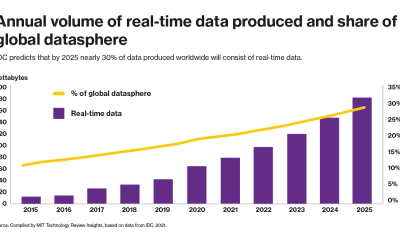Is your office work too cognitively exhausting or are you experiencing job burnout more than ever? Researchers suggest it is possibly due to overthinking.
A new study published in the journal Current Biology on Thursday said that using too much brainpower can impede our decision-making power as well as the ability to make good lifestyle choices.
The findings of the research are credited to a team of researchers from Pitie-Salpetriere University Hospital in Paris.
In the study, scientists found out that glutamate – the most abundant neurotransmitter present in the brain – is at play behind the overwhelming tiredness that professionals largely complain about.
Glutamate is produced by the body itself to convert food into energy. But rather than just being a regular metabolite, glutamate doubles up as a chemical messenger helping the brain cells to communicate with each other. While its presence is helpful, researchers believe that too much glutamate can do more harm than good.
The results of the study revealed that the buildup of too much glutamate in the brain’s lateral prefrontal cortex (LPFC) can potentially lead to a number of problems, such as loss of focus, difficulty in planning or problem-solving and reduced memory, among others. Simply put, the heavy presence of glutamate in the brain means extra energy than normal is required to activate the LPFC.
To study the brain’s mechanisms, experts divided some adults into two groups. One of the groups was given easy tasks and the other was given tough tasks. As per the findings of the study, those that performed difficult tasks encountered signs of severe fatigue, including reduced pupil dilation.
Scientists used magnetic resonance spectroscopy, bringing them to a conclusion that people involved in demanding tasks overwork their LPFC, which results in them inclining to “press the easy button.” The study said that the individuals feel a pressing urge to switch to low-effort high-reward jobs to escape the exhaustion.
To address the problem, Dr. Alex Dimitriu, a notable psychologist and the founder of Menlo Park Psychiatry & Sleep Medicine in California and BrainfoodMD, told Healthline that an individual needs to find the root cause at first.
“See how you’re feeling on the weekend if you’re not working. It’s important to understand if the fatigue is due to your sleep, or your anxiety, or your actual level of busyness during the day,” Dimitriu said.
Noting that glutamate levels tend to plunge during nap time, Dimitriu asked people to catch more sleep to fight cognitive fatigue. “Think it starts with sleep the night before and sleep in general. Sleep is fundamental and I think getting enough of it regularly is probably the best way to fight cognitive fatigue.”
















